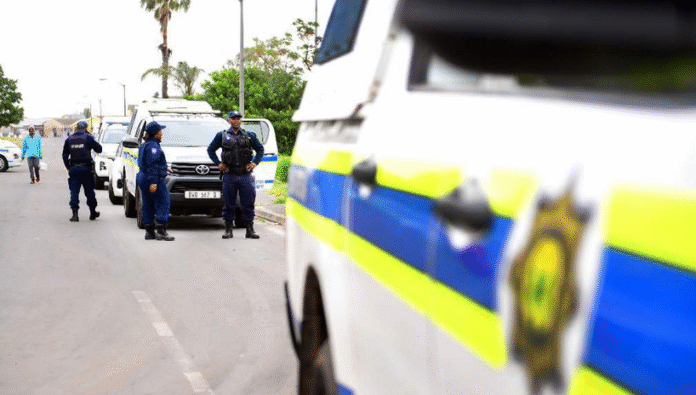Cape Town community mourns as 9-year-old Delft boy dies by suicide
The Delft community is reeling after the death of a 9-year-old boy whose body was discovered at a property in The Hague Avenue on Sunday. The child, a Grade 3 learner at Delft North Primary School, took his own life in circumstances that have sparked renewed concern about the rising suicide risk among young children in South Africa.
Police confirmed that the boy died by hanging. According to a Fight Against Crime SA post, the incident occurred over the weekend, prompting a swift response from local authorities.
Police spokesperson Captain FC Van Wyk said: “Delft police registered an inquest for investigation.” He did not release the child’s name, and no additional details about the circumstances were provided at this stage.
The Western Cape Education Department (WCED) expressed deep sorrow and confirmed the tragedy. Department spokesperson Bronagh Hammond said: “The WCED can sadly confirm the passing of a Grade 3 learner. The school has been in contact with the parents and is providing counselling support to learners. Our deepest condolences to the family and friends for this devastating loss.”
While the reasons behind the boy’s death are still unknown, the tragedy has drawn attention to a troubling rise in suicide among increasingly younger children. Child protection expert Joan van Niekerk said the trend had become “more common” in recent years, with attempts now frequently seen among primary school children.
She explained that younger children often do not fully grasp the permanence of death. “The problem with younger children is that they don’t always think about suicide as permanent. Even though they know people don’t come back after they die, they don’t always apply the same understanding to themselves and this is problematic,” she said.
Van Niekerk warned that a combination of emotional, social and environmental pressures can overwhelm children, leaving them with few coping strategies. She noted that incidents of self-harm can stem from factors such as academic stress or exposure to turmoil at home.
“There are a number of factors that could cause children to take their own lives, including feeling overwhelmed by an exam and witnessing domestic violence,” she said.
Homes affected by financial strain, conflict, unstable relationships or physical violence create environments that children often feel powerless to navigate. “In many homes, there are financial stresses, domestic violence or the ending of relationships. All of this can lead to a situation the child seems to have very little control over, and so they feel that’s the only way out,” van Niekerk added.
Communities on the Cape Flats, including Delft, carry their own unique pressures that weigh heavily on young people. Van Niekerk highlighted that daily exposure to violence is a reality for many children growing up in these areas.
“The levels of violence in some of our communities are unbelievable. Children see violence every day of their lives in some communities. There are lots of pressures on children in terms of gangs, which we’re seeing even in primary school. Children have limited coping mechanisms simply because they’re children and still in the stage of developing skills,” she said.
Her remarks point to a broader mental health crisis affecting children who are forced to navigate environments filled with instability, trauma and community violence. Despite being in the early stages of emotional development, they are often confronted with situations that would be overwhelming even for adults.
Following Sunday’s tragedy, mental health professionals and support organisations continue to encourage families, teachers and community members to remain alert to signs of distress in children, even at very young ages. While adults may assume that primary school children are too young to contemplate suicide, specialists warn that this assumption can be dangerously misleading.
It remains unclear what led to the Delft boy’s death, and the police inquest is expected to shed more light once completed. For now, his school, family and community are receiving counselling and support from WCED teams as they attempt to come to terms with the loss.
Those involved in child protection and mental health advocacy stress the importance of open communication, emotional monitoring and early intervention for children living in environments where trauma, pressure and instability are common. They also point out that mental health conversations within families and schools must extend to younger age groups.
If you or someone you know is struggling with mental health issues, there are several helplines available for support:
- The South African Depression and Anxiety Group (SADAG) 24-hour mental health helpline: 0800 456 789
- SADAG WhatsApp counselling line (09:00–16:00): 076 882 2775
- SA Federation for Mental Health: 011 781 1852
- LifeLine South Africa: 0861 322 322

Follow Us on Twitter











